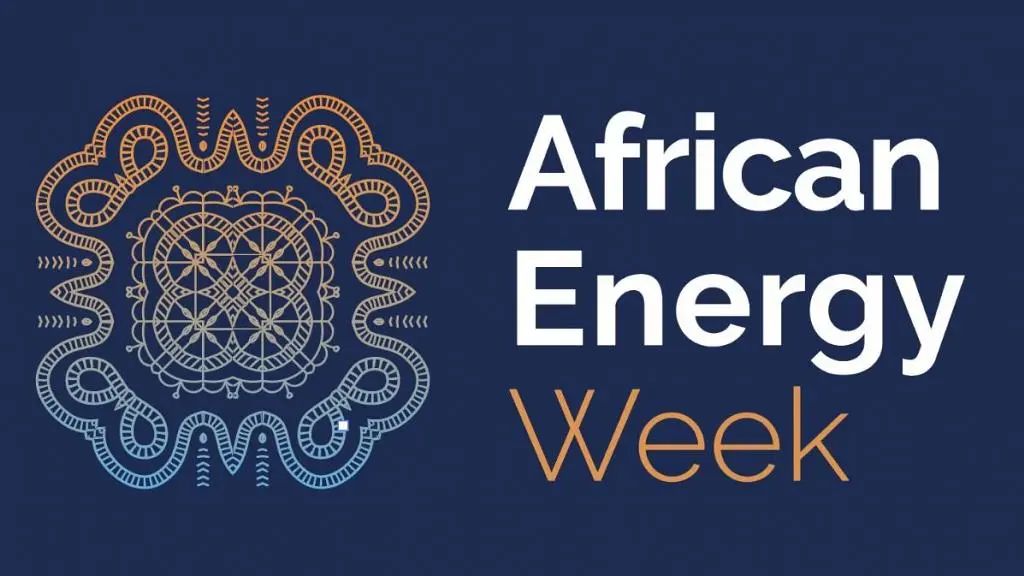By Eyo Nsima
The Managing Director/CEO, New Hampshire Capital Limited, Mr. Odion Omonfoman, has disclosed that the decision of the National Assembly, to amend the Constitution, thus enabling states to generate, transmit and distribute electricity in areas covered by the National grid, as an excellent development, capable of improving power supply in the nation.
According to him, electricity has always been on the concurrent legislative schedule of the 1999 Constitution, but the Federal Government has over the years frustrated many states, especially Lagos, Rivers and Edo from making power supply available for the people.
Omonfoman, that praised the Nigeria Governors Forum for rising to challenge the Federal Government’s unconstitutional powers in the sector, said if approved, state governments and legislatures will be empowered to make policies, laws and regulations for the power sector within their domains.
Specifically, he stated: “The approval by both Houses to amend the provisions of section 14(b) of the Concurrent Legislative List is an excellent development and good news for all Nigerians suffering from the inefficiencies of the power sector.
“It is important to point out that electricity has always been on the Concurrent Legislative schedule of the 1999 constitution. However, the Federal Government unconstitutionally arrogated to itself the sole management of the power sector to itself, and worse, frustrated many states like Lagos State, Rivers State, Edo State, etc from developing the power sector within their state borders, due to a slight ambiguity in the interpretation of that Section 14(b).
“It is noteworthy that recently, the Nigeria Governors Forum, under the chairmanship of His Excellency, Dr. Kayode Fayemi, Governor of Ekiti State, decided to challenge the FG’s unconstitutional powers in the sector. The Forum also set up a committee chaired by the Edo State Governor, Godwin Obaseki and the Lagos State Governor, Babajide Sanwo Olu, to review the various laws in the electricity sector, with a view to highlighting the areas where the Federal government has usurped the constitutional rights of the states in the electricity sector, and work with the National Assembly to either amend or repeal such laws. Nigerians should applaud the National Assembly members for having the political will and courage to correct this ambiguity in the constitution, which finally addresses the overreach by the Federal Government.
“With this amendment, if approved, the coast is now clear for progressive state governments and state legislatures to make policies, laws and regulations for the power sector within their states. States can now operate electricity markets, independent of the national grid, within their borders. I commend states like Edo State, Lagos State, Kaduna State and Ondo State for taking steps to initiate their electricity policies and laws within their states.
“I also expect the design and structure of the Nigerian Electricity Supply Industry to radically change as state governments begin to operate their electricity markets in tandem with a national electricity market. Further to this amendment, states now have full constitutional rights to set up State Electricity Regulatory Commissions (SERC) that would regulate the electricity sector within their jurisdictions; license and operate their own electricity market structures for the generation, transmission, distribution and sale of electricity within their borders and license state-owned or private IPPs operating within the state without any capping of generation capacity that can be licensed by SERCs.
“They also have powers to license, own, operate and manage transmission infrastructure within the state, license, own, operate and manage electricity distribution systems, including DisCos, operating within their state borders and set wholesale and retail electricity tariffs for state-licensed entities operating within state electricity markets.”
Omonfoman, who looks forward to the emergence of a new National Electricity Act, stated: “I expect a repeal of the Electric Power Sector Reform Act (EPSRA) enacted since 2005, which is the extant law for the power sector. In its place, there will be a new national Electricity Act that will recognize the constitutional right of the states in electricity matters, and more importantly, put in place a sound legal framework for the design and implementation of a holistic national electricity market and independent state electricity markets. I expect the new national Electricity Bill will also delineate the roles and functions of NERC and that of the SERC to ensure synergy and collaboration within the power sector.
“Electricity customers are the greatest beneficiaries of this amendment. Customers will have a choice of who their electricity supplier is, rather than being stuck with non-performing DisCos.”
He added: “It is indeed, an exciting and forward-looking development. I look forward to states, commencing the implementation of their electricity policies.”








